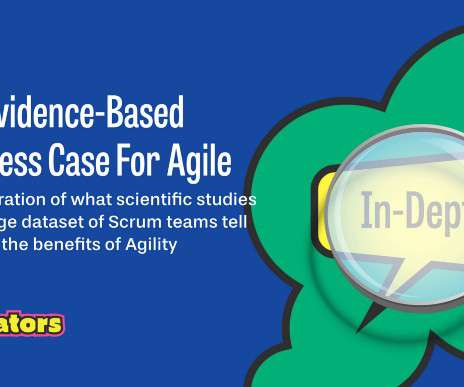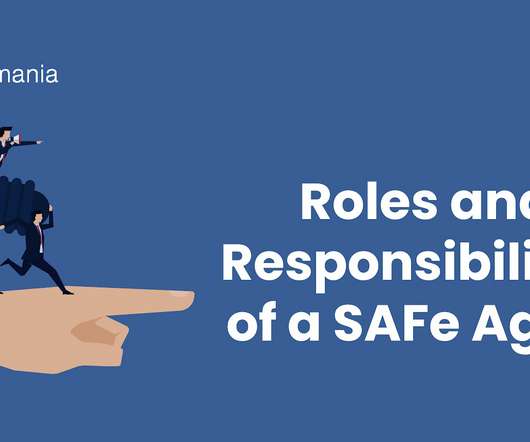In-Depth: The Evidence-Based Business Case For Agile
Scrum.org
OCTOBER 19, 2022
What is the business case for Agile teams? Is it really that important that they are autonomous, able to release frequently, interact closely with stakeholders and spend all that time on continuous improvement? But what is the evidence we have for this? A working definition of Agile and Stakeholders.
















Let's personalize your content